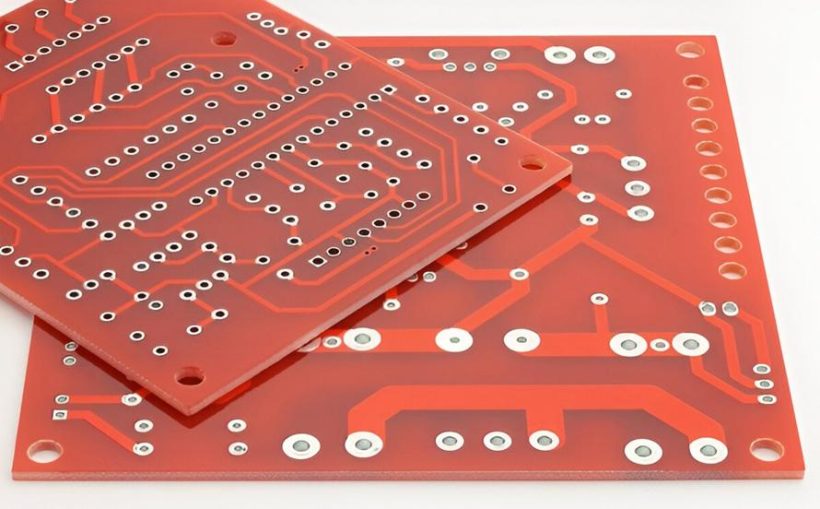Custom PCB assembly is the process of designing and assembling printed circuit boards specifically tailored to the unique requirements of a particular device, system, or application. Unlike standard PCBs, which follow predefined layouts and specifications, custom PCB assembly allows engineers and manufacturers to create solutions optimized for performance, durability, size, and functionality.
This approach is especially important in today’s rapidly evolving technology-driven world, where one-size-fits-all solutions often fall short. By investing in custom PCB assembly, companies ensure that their electronic products not only meet industry standards but also excel in their intended applications.
Why Custom PCB Assembly Matters
Electronics play a critical role in industries ranging from consumer devices and automotive systems to aerospace and medical equipment. Each of these industries has unique challenges and performance expectations. Custom PCB assembly makes it possible to address these specific needs, whether that means developing ultra-compact boards for wearables, high-power boards for industrial equipment, or highly reliable boards for mission-critical applications.
By focusing on customization, manufacturers can achieve better design efficiency, improved power distribution, reduced interference, and enhanced product reliability. This not only strengthens product performance but also increases customer satisfaction and trust in the brand.
Key Benefits of Custom PCB Assembly
One of the greatest benefits of custom PCB assembly is flexibility. Designers can choose board materials, layer counts, thickness, and finishes based on their specific needs. For instance, a company working on high-frequency communication devices may select specialized materials such as Rogers or Teflon for improved signal integrity.
Another advantage is cost efficiency in the long run. While custom PCB assembly may initially appear more expensive than off-the-shelf options, it reduces costly redesigns and ensures longer product life cycles. By optimizing boards for their specific function, companies save money on repairs, replacements, and customer returns.
Custom PCB assembly also enables faster product innovation. Tailored solutions allow companies to quickly adapt to market demands and incorporate new features without being restricted by generic board designs. This makes it easier to stay ahead in competitive industries.
Applications of Custom PCB Assembly
Custom PCB assembly is widely used in multiple industries where precision and performance are critical.
In the medical field, custom boards are designed for devices like pacemakers, imaging equipment, and diagnostic systems that demand exceptional accuracy and reliability.
In the automotive industry, custom PCBs power advanced driver-assistance systems (ADAS), EV charging modules, and infotainment systems.
The aerospace and defense sectors also rely heavily on custom PCB assembly for applications that must withstand extreme temperatures, vibrations, and radiation.
Even in consumer electronics, custom PCBs allow for sleeker designs, improved battery performance, and compact layouts, which are essential in smartphones, wearables, and IoT devices.
Challenges in Custom PCB Assembly
Although custom PCB assembly offers significant benefits, it comes with certain challenges. The design phase requires careful planning and collaboration between engineers and manufacturers to ensure that the board meets exact specifications.
Material selection can also be complex, as different industries require compliance with various standards such as RoHS, IPC Class 3, or ISO certifications. Additionally, the manufacturing process may involve advanced techniques such as HDI, blind vias, or fine-pitch components, which demand specialized equipment and expertise.
Finally, costs and lead times may vary depending on the complexity of the design. Partnering with the right manufacturing partner is essential to overcome these challenges while ensuring consistent quality.
Future of Custom PCB Assembly
As industries continue to push the boundaries of innovation, the future of custom PCB assembly looks bright. With the rise of 5G, IoT, autonomous vehicles, and AI-powered devices, demand for custom solutions will only grow.
Advances in automation, AI-driven design verification, and additive manufacturing will further streamline the process, making custom PCB assembly more accessible, cost-effective, and efficient. This means companies of all sizes will be able to leverage custom boards to bring their ideas to market faster.
Conclusion
Custom PCB assembly is more than just a manufacturing process—it is a strategic approach to creating high-performance electronic products tailored for specific applications. By offering flexibility, efficiency, and reliability, it ensures that products meet the unique demands of modern industries.
To achieve the best results, businesses should collaborate with experienced printed circuit board assembly suppliers who can deliver customized solutions with the highest level of precision and quality. Working with the right partner ensures that every board is built to perform, innovate, and succeed in today’s competitive market.
Laila Azzahra is a professional writer and blogger that loves to write about technology, business, entertainment, science, and health.
